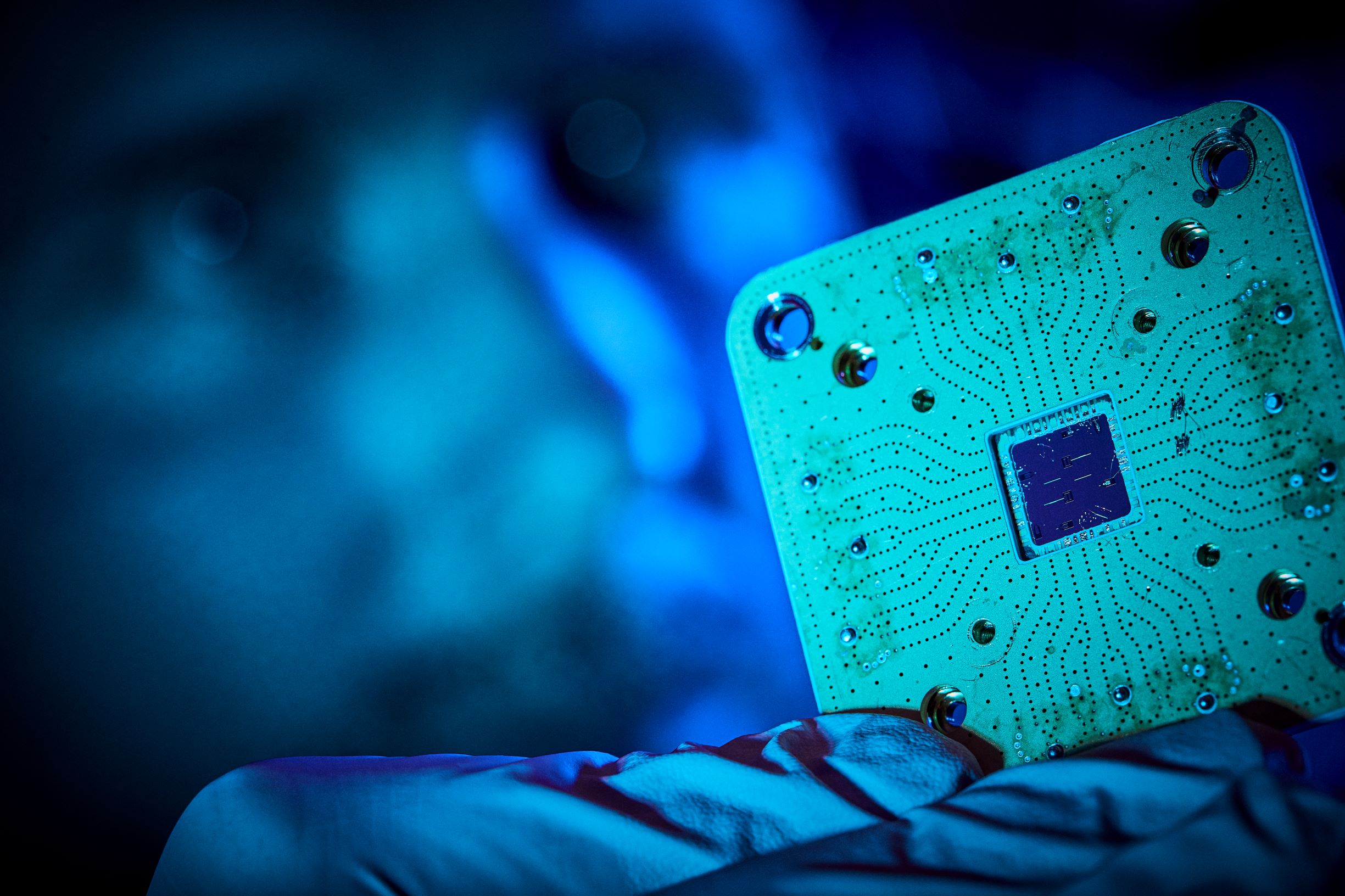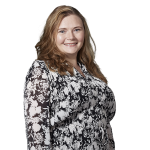Quantum Foundry P/S is being established as part of the Novo Nordisk Foundation Quantum Computing Programme. It will include a fabrication facility that will play a vital role in achieving the goal of developing a generally applicable and fault-tolerant quantum computer within the next 10–12 years. The primary purpose of Quantum Foundry P/S is to support the academic activities in the Programme, but it will also provide a corporate structure that will protect the knowledge and technologies Quantum Foundry P/S develops.
The Novo Nordisk Foundation Quantum Computing Programme has an ambitious goal of developing one of the world’s first fully functional, fault-tolerant and generally applicable quantum computers.
As part of this effort, researchers and engineers will build a quantum processor, a core component of the quantum computer. To achieve this, a special fabrication facility called Quantum Foundry will be established.
The Quantum Foundry will be tailored to the Novo Nordisk Foundation Quantum Computing Programme and is key for achieving the goal of developing a fully functional quantum computer within the next 10–12 years.
“A professional and tailored fabrication facility such as Quantum Foundry is a necessary part of the package. This is an engineering feat that is so challenging that it requires an engineering approach – and a facility for carrying out the long and complex task that differs from the processes of a typical academic community. Quantum Foundry will provide services for the academic part of the Programme at a significantly higher level than could be purchased commercially today. This will give the Programme a significant competitive advantage,” says Lene Oddershede, Senior Vice President, Natural & Technical Sciences, Novo Nordisk Foundation.
“Quantum Foundry has exactly the same mission and vision as the rest of the Programme: to strive towards creating one of the world’s strongest quantum ecosystems and to develop a fault-tolerant quantum computer and use it to solve key problems within the life sciences,” she adds.
Protecting sensitive knowledge and technology
The new fabrication facility will be established as a limited partner company called Quantum Foundry P/S. Slightly less than DKK 400 million of the total grant of DKK 1.5 billion awarded to the Novo Nordisk Foundation Quantum Computing Programme will be used to establish Quantum Foundry P/S, which will be co-located with the other parts of the Programme. The Novo Nordisk Foundation will own Quantum Foundry P/S.
The effort to develop a fully functional quantum computer includes developing sensitive technology, which in certain cases may need to be protected from third parties. Quantum Foundry will enable the intellectual property and the technologies developed under the Programme to be protected.
The academic part of the Programme will be accessible in the same way as other research centres, and everyone will thereby have access to the academic research produced in the Programme. Only the fabrication part will be owned by Quantum Foundry and thereby be shielded from public view.
“The establishment of Quantum Foundry enables the fabrication activities to be separated from the academic activities of the Programme. This separation is relevant in relation to entering into such collaborations as those with companies in business-critical areas that serve to fulfil the Programme’s mission and require a very high degree of protection. Worldwide, there is a great deal of interest in how we will specifically achieve the goal of building a fully functional quantum computer. This therefore requires a structure that is adapted to today’s geopolitical conditions, so that sensitive knowledge and technology do not end up in the wrong hands,” explains Lene Oddershede.
Will solve pressing problems within the life sciences
The technology developed by Quantum Foundry will support the research in the Programme, and Quantum Foundry is expected to contribute to educating and training quantum computing engineers, who will become highly sought-after employees for companies in Denmark and elsewhere.
The Programme specifically aims to solve problems within the life sciences. Researchers with a quantum computing background and those with a background in the life sciences will therefore work closely together to develop quantum computing technologies with the aim of solving pressing problems within the life sciences.
“Quantum Foundry will provide services for the academic activities in the Programme and will therefore collaborate very closely with academia. Any academic employee of the Programme who is not employed by Quantum Foundry may publish as usual and obtain intellectual property rights in accordance with the usual academic practice,” concludes Lene Oddershede.









